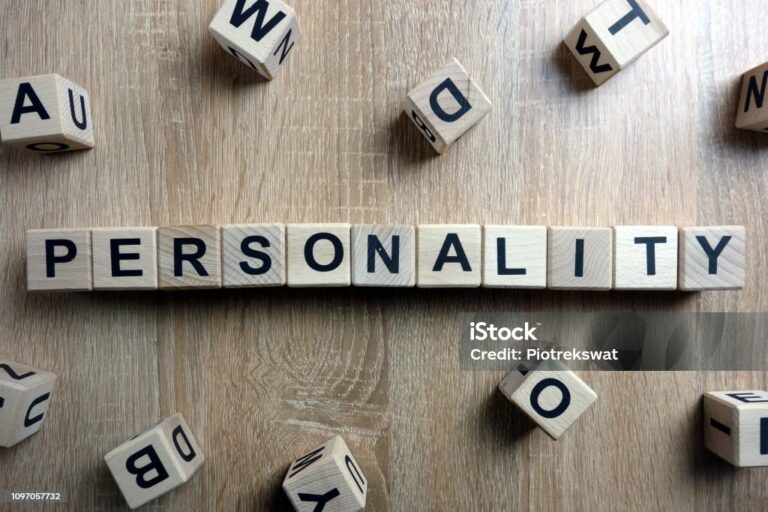‘Attitude’ in Everyday Language, Indonesian Dictionary, and Psychology
One of the terms in psychology that is often given the wrong meaning by psychology students is ‘attitude’. This is because the term ‘attitude’ as everyday language is different from the term ‘attitude’ in Psychology. As everyday language can be found for example in the following news title:
Kronologi Tahanan Tewas Dikeroyok di Rutan Depok, Dipicu Sikap Kurang Sopan [Chronology of Prisoner Killed by Gang Attack in Depok Prison, Triggered by Impolite Attitude]
Pertimbangan Bersikap Sopan, Eks Dirut JJC yang Korupsi Rp 510 M Cuma Divonis 3 Tahun Penjara [Consideration of Being Polite, Former JJC Director Who Corrupted Rp 510 Billion Only Sentenced to 3 Years in Prison]
Kala Turis Terpesona dengan Sikap Sopan Rusa Lebih dari Manusia [When Tourists Are Fascinated by the Polite Attitude of Deer More Than Humans]
The students’ confusion due to the difference in meaning is considered reasonable because so far in the minds of Indonesians, ‘attitude’ is behavior. Let’s look at the ‘attitude’ entry in Indonesian Dictionary (Kamus Besar Bahasa Indonesia/KBBI) as follows:
sikap1/si·kap/ n
1 tokoh atau bentuk tubuh: — nya tegap;
2 cara berdiri (tegak, teratur, atau dipersiapkan untuk bertindak); kuda-kuda (tentang pencak dan sebagainya): hebat sekali — nya ketika akan mengucapkan sumpah; tepat sekali — adik ketika menangkis pukulan itu;
3 perbuatan dan sebagainya yang berdasarkan pada pendirian, keyakinan: rakyat akan selalu mengutuk — pemimpin-pemimpinnya yang kurang adil itu;
4 perilaku; gerak-gerik: — di panggung sangat berbeda dengan — nya sehari-hari;membuang — , ki bertingkah laku dengan gaya yang dibuat-buat (supaya tampak gagah dan sebagainya);
attitude 1 / n
1 figure or body shape: — his is sturdy;
2 ways of standing (upright, regular, or prepared to act); horse stance (about pencak and so on): very great — when he was about to say the oath; very precise — brother when he blocked the blow ;
3 actions and so on that are based on convictions, beliefs: the people will always condemn their leaders who are less than just;
4 behavior; gestures: — on stage is very different from his daily — ; throwing away —, he behaves in a fake way (to look dashing and so on);
In short, of the four definitions, ‘attitude’ is defined as 1) body posture and 2) behavior. So far, there is no definition of ‘attitude’ in Indonesian that is in line with the definition of ‘attitude’ in Psychology. In fact, we also often use the word ‘attitude’ in Indonesian that is in line with its definition in Psychology. As in the following news title:
1000 Akademisi UGM Sampaikan Pernyataan Sikap Darurat Demokrasi Indonesia [1000 UGM Academics Deliver Statement of Indonesian Democracy Emergency Position]
Pernyataan Sikap Persekutuan Gereja Gereja Di Indonesia: Jangan Merusak Alam Demi Investasi [Statement of Position of Communion of Churches in Indonesia: Do Not Destroy Nature for Investment]
The use of the word ‘attitude’ is in line with the term in psychology, but unfortunately so far KBBI has not included the definition of this type of ‘attitude’. The use of the word ‘attitude’ in the example above is in the minds of Indonesian people and the minds of Psychology researchers in Indonesia but is not listed in KBBI. In this case ‘attitude’ is not a body posture, nor is it an action.
Let’s look at the definition of attitude in an English dictionary, for example the following Cambridge Dictionary:
- a feeling or opinion about something or someone, or a way of behaving that is caused by this
- slightly aggressive behavior (= showing willingness to fight or argue), or a failure to show respect that makes someone difficult to deal with
- the position of a spacecraft or aircraft in relation to the wind or the ground
- a position of the body
In this case, “statement of attitude”, which is usually used in Indonesian to give an official response to an event, is in line with the definition of ‘attitude’ in point 1 of the Cambridge Dictionary above, namely a statement that contains an opinion about something.
What is the definition of attitude in Psychology? Here is the definition of ‘attitude’ in the American Psychological Association (APA) dictionary:
a relatively enduring and general evaluation of an object, person, group, issue, or concept on a dimension ranging from negative to positive. Attitudes provide summary evaluations of target objects and are often assumed to be derived from specific beliefs, emotions, and past behaviors associated with those objects.
If traced, the understanding of attitude in Psychology has been around for a long time, at least it was revealed by the Psychology scientist Gordon W. Allport in 1935. The understanding of attitude according to Allport was quoted by Otto Klineberg in his book Social Psychology which was first published in 1940. The following is the understanding of attitude according to Allport:
a mental and neural state of readiness, organized through experience, exerting a directive or dynamic influence upon the individual’s response to all objects and situations with which it is related.
If the understanding of attitude in line with the term Psychology has been used by Indonesian society, and has been studied by Psychology Scientists in Indonesia, why is the understanding of attitude in KBBI only limited to body posture and behavior? Hmm, it seems we need to take a stance on this.
This article is a Google-translate version of ‘Sikap’ dalam Bahasa Sehari-hari, KBBI, dan Ilmu Psikologi







